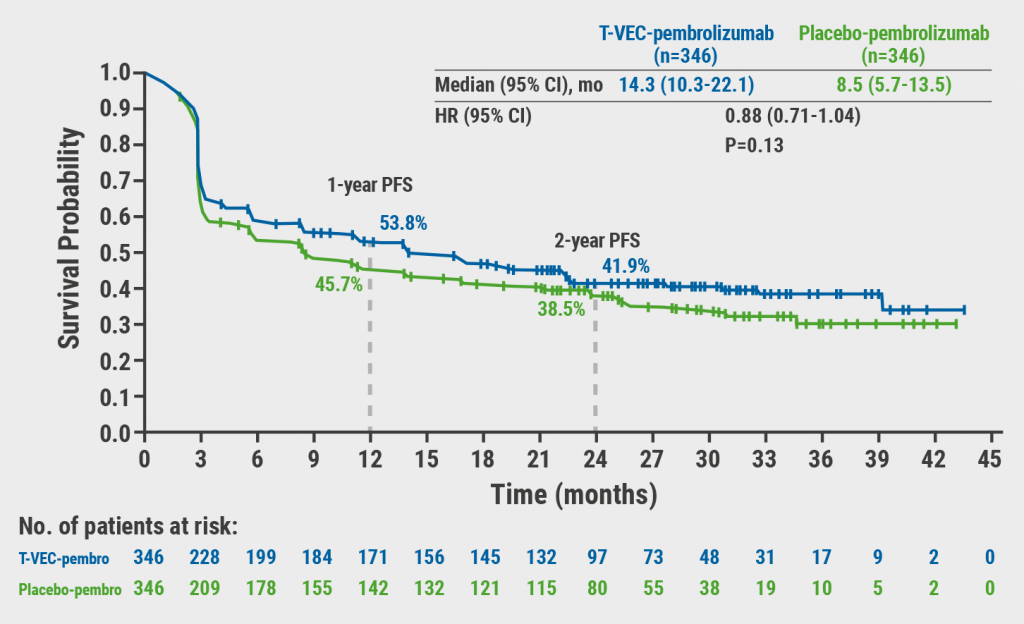Keloids are the result of abnormal wound healing that may happen after damage to the dermis due to trauma or injury. They are characterised by benign, fibrous proliferations that extend beyond the initial wound margins. The rationale for investigating a possible association between keloids and the risk for cancer was based on the knowledge that cancerous cell growth often starts in a sclerotic microenvironment. One focus of the investigation was placed on the occurrence of skin cancer. Data from almost 780,000 persons with an about equal distribution of males and females was analysed. In total, 17,401 adults with keloids were matched according to gender and age with 69,604 controls without keloids. Statistical identification of the relative risk for cancer was established using a Cox proportional hazards model. Both groups were comparable with regard to baseline characteristics.
In sum, 893 cases of cancer were newly diagnosed within the keloid group during the study years 1998-2010. This resulted in a 50% augmented overall cancer risk for the keloid-bearing study population. The overall relative risk for skin cancer turned out to be 1.73 in patients with a keloid. This risk was even higher for the males who had more than a 2-fold risk for skin cancer (relative risk 2.16). Women with keloids had an elevated risk for pancreatic cancer. Even after adjusting for known risk factors like liver cirrhosis, diabetes mellitus, and chronic pancreatitis, women with keloids still had a more than double the risk (relative risk 2.19). The authors suggest regular skin screenings in men and women with keloids, as well as ultrasound diagnostics for females as a preventive measure.
1. Hong KCH. Abstract 11228, AAD Annual Meeting, 1-5 March 2019, Washington DC, USA.
Posted on
Previous Article
« Bruton’s tyrosine kinase inhibitor highly effective in pemphigus vulgaris Next Article
New standardised cantharidin product against molluscum contagiosum efficacious in two phase 3 trials »
« Bruton’s tyrosine kinase inhibitor highly effective in pemphigus vulgaris Next Article
New standardised cantharidin product against molluscum contagiosum efficacious in two phase 3 trials »
Table of Contents: AAD 2019
Featured articles
Letter from the Editor
Interview with AAD president Prof. George J. Hruza
Late-Breakers
Secukinumab maintains improvements in psoriasis through 5 years of treatment
Bermekimab – a future treatment for atopic dermatitis?
JAK1/2 inhibitor effective in alopecia areata
Novel anti-IgE drug enables durable urticaria control
Dual IL-17A and IL-17F blocker leads to unprecedented response rates in psoriasis
Thicker AK lesions benefit from laser pretreatment with high channel density
New standardised cantharidin product against molluscum contagiosum efficacious in two phase 3 trials
Bruton’s tyrosine kinase inhibitor highly effective in pemphigus vulgaris
Serlopitant reduces pruritus associated with psoriasis
Atopic Dermatitis: Many New Therapies in the Pipeline
New and emerging atopic dermatitis therapies
Food triggers eczema – an imperturbable belief of patients
Psoriasis and Biologics: The Beat Goes On
Psoriasis and Biologics: The Beat Goes On
JAK Inhibitors: A New Frontier in Dermatology
JAK inhibitors: a new therapeutic tool for dermatologists
JAK inhibitors: a pathogenesis-directed therapy for alopecia areata
Can JAK inhibitors close the current therapeutic gap in AD?
Hair Loss: No Reason for Therapeutic Nihilism
Hair Loss: No Reason for Therapeutic Nihilism
Vitiligo: The Beginning of a New Era
Vitiligo in children
Surgical treatment for selected vitiligo cases
JAK-inhibitors: an emerging treatment option for vitiligo
What's New and Hot in Acne
Should we use more hormonal therapy?
Pearls of the Posters
Pemphigus patients prone to osteoporosis
Intralesional 5-fluorouracil induced high clearance rates in cutaneous squamous cell carcinoma
Related Articles
November 28, 2023
Improved AI tool shows high sensitivity rates in skin cancer detection

© 2024 Medicom Medical Publishers. All rights reserved. Terms and Conditions | Privacy Policy
HEAD OFFICE
Laarderhoogtweg 25
1101 EB Amsterdam
The Netherlands
T: +31 85 4012 560
E: publishers@medicom-publishers.com

